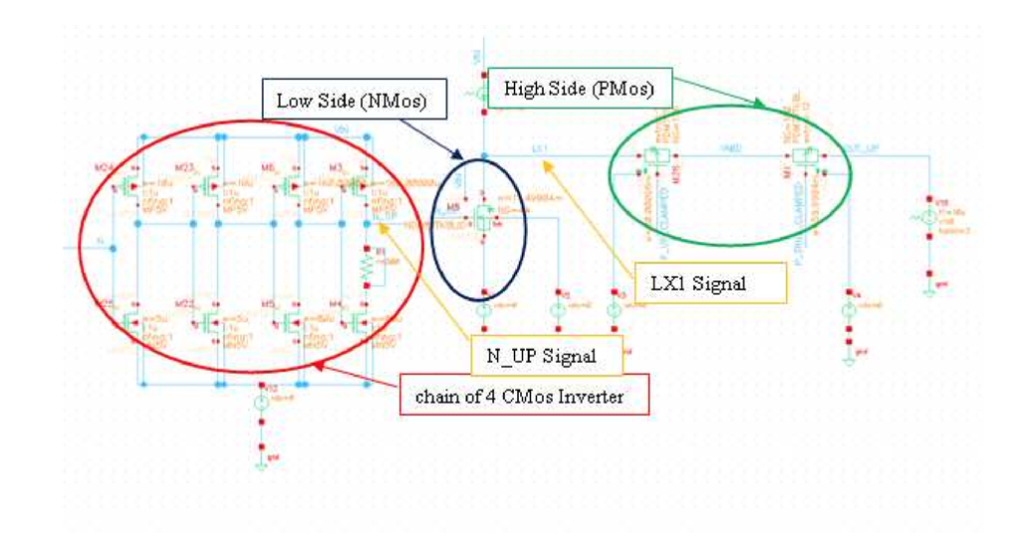Robust Optimization Methods for Electrical Circuit Design
The Project
Optimization Software.
Robust Design of Electrical Circuits
The real performance of an electrical circuit can be significantly different from that predicted by its design. This problem arises from the fact that the realization and the operative functioning of a circuit can be influenced by various disturbing factors or uncertainties which make its behavior vary from the nominal design one. Examples of such disturbances can be inaccuracies or errors in the construction of the circuit or different environmental operating conditions compared to those considered in the project. The Robust Optimization methods have as their objective the determination of the values of the design variables and of the control factors that are able to ensure both excellent performance and low sensitivity to the circuit with respect to possible disturbing factors related to its construction and environmental operating conditions. In this context, various methodologies have been proposed which take into account the fact that, in the realization of the circuits, the values of the variables and of the design parameters may undergo variations with respect to the nominal values.

An example of one of the proposed methods is based on the evaluation, in correspondence to each reference value of the project variables and parameters, of the so-called “worst case” of the corresponding circuit in its practical implementation. In other words, the worst behavior that the circuit can have is evaluated when the values of the variables and of the design parameters vary in certain neighborhoods of the chosen reference values. These neighborhoods are chosen in such a way as to be representative of the possible uncertainties and inaccuracies that may occur in determining the values of the design variables during the construction of the circuit. The value of the “worst case” of a circuit is used as an objective function by the proposed algorithm. In this way the algorithm tends to determine the values of the project variables that correspond to a circuit that has “worst case” which is the best possible. That is to a circuit that, regardless of the various disturbing factors or uncertainties present in its realization, has real performances that are certainly good as they are better than or equal to those of the “worst case” obtained by the algorithm.
Methodological approaches similar to the one described have been proposed in the following papers dedicated to the robust design of DC-DC converters and MOSFET operational amplifiers.
References
Derivative-Free Robust Optimization for Circuit Design.
Derivative free methodologies for circuit worst case analysis.

